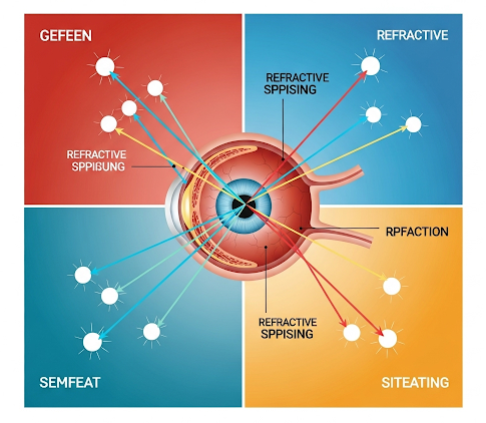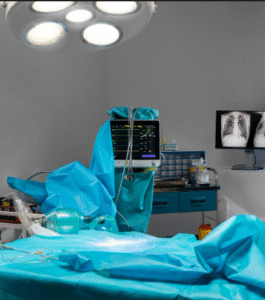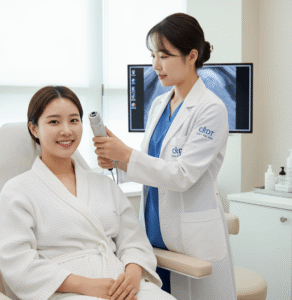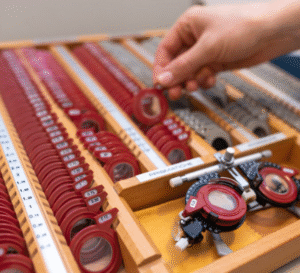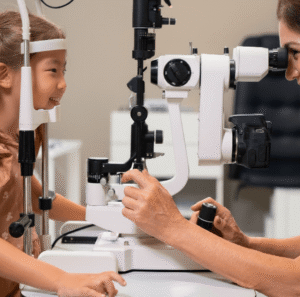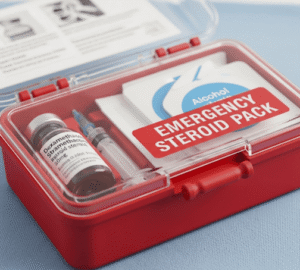Overview
Refractive errors are common vision problems where the eye cannot properly focus light on the retina, leading to blurred vision. These include myopia (nearsightedness), hyperopia (farsightedness), astigmatism, and presbyopia. In Korea, advanced eye care centers offer comprehensive diagnosis and corrective treatments to improve vision and quality of life.
What are Refractive Errors?
Refractive errors occur when the shape of the eye prevents light from focusing directly on the retina. This causes vision to be blurry at different distances depending on the type of error.
Symptoms
- Blurred or distorted vision
- Difficulty seeing distant or close objects clearly
- Eye strain or headaches
- Squinting to see better
- Difficulty driving at night
Causes
- Abnormal shape of the cornea or lens
- Elongated or shortened eyeball
- Age-related changes (especially presbyopia)
- Genetic predisposition
Risk Factors
- Family history of refractive errors
- Excessive near work or screen time
- Age (presbyopia develops after 40)
- Certain medical conditions like diabetes
Complications
- Eyestrain and headaches
- Increased risk of eye strain-related fatigue
- Poor academic or work performance due to vision issues
- Potential progression to more severe eye conditions without correction
Prevention
- Regular eye exams to detect and correct errors early
- Adequate lighting during reading or screen use
- Taking breaks during prolonged near tasks
- Protective eyewear to reduce eye strain
Treatment Options in Korea
Diagnosis
Eye specialists diagnose refractive errors using comprehensive eye exams, including refraction tests and retinal evaluation.
Medical Treatments
- Prescription eyeglasses or contact lenses tailored to individual needs
- Vision therapy for specific cases
Surgical or Advanced Therapies
- Laser refractive surgery (LASIK, PRK) to reshape the cornea
- Implantable lenses for severe refractive errors
- Refractive lens exchange surgery in select patients
Rehabilitation and Support
- Regular follow-up to monitor vision changes
- Education on proper use and care of corrective devices
- Support for adapting to vision correction and lifestyle changes

